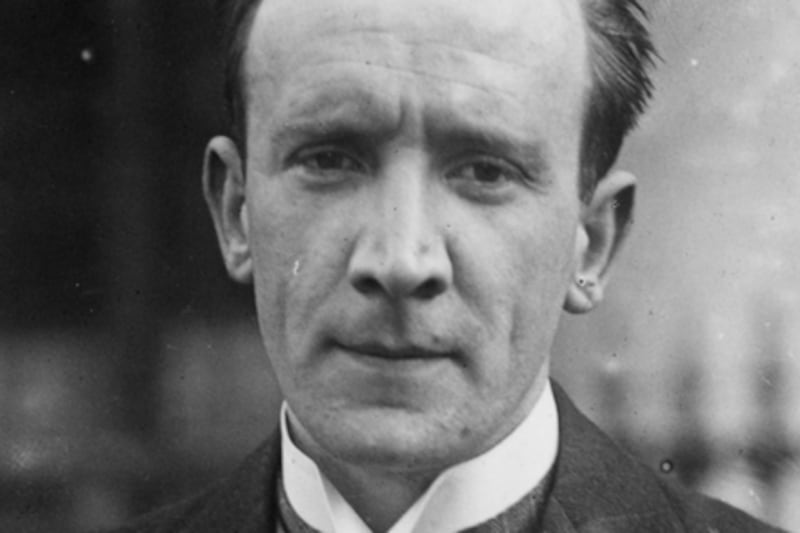September 29 1923
Church Desecrated – A Sacrilegious Outrage by Specials in Co Fermanagh
At Derrygonnelly (Co Fermanagh) Petty Sessions yesterday... two members of the Special Constabulary were charged that they did at Drumary on July 28 1923 unlawfully, wilfully and maliciously commit certain damage, injury and spoil to and upon one ablution bowl and one wine cruet, the property of Rev PH Maguire, PP... The magistrates... put on a fine of £5 on each of them, and ordered each of them to pay 6s compensation.
Splendid Progress of Royal Bank of Ireland
At the 87th annual general meeting of the Company of the Royal Bank of Ireland Limited, held in the bank’s offices, Foster Place, Dublin, yesterday, Mr Barrington Jellett, who presided, said they met there when the conditions prevailing in the country were much brighter than at the last meeting, and although the outlook was still clouded the directors retained their confidence in the future of the commercial prosperity of the country.
It was a great pleasure to the board to be able to put before them such a satisfactory report, which showed steady progress, the profits constituting a record. The shareholders would appreciate the wisdom of the continuation of the directors’ policy in setting aside out of the year’s profits the substantial sum of £13,000 to strengthen the existing reserves of the bank.
As already pointed out in the report, the Board had been able to extend the activities of the bank by acquiring, on advantageous terms, twenty branches from the Belfast Banking Company which were situated in the Free State area, many of them in important towns, such as Navan, Drogheda, Dundalk, Castleblayney, Ballybay, Monaghan, Sligo, Ballyshannon, Donegal and Letterkenny.
For the past few years they had been extending their business by opening new branches, and they would all realise the advantage to the bank of this purchase, as the branches they acquired had all established business attached to them.
(The Royal Bank of Ireland was one of three banks (the other two being Provincial Bank of Ireland and the Munster & Leinster Bank) acquired in 1966 that formed Allied Irish Banks (AIB).
By late 1923, with Civil War hostilities over, the financial outlook of the Free State had improved considerably. Northern-based banks such as Ulster Bank, Northern Bank and Belfast Bank were severely affected by the Belfast Boycott instigated on banks and businesses from the city by Dáil Éireann from August 1920. Business was diminished with deposits down and some sub-branches having to close in the south.
The Belfast Bank lost one fifth of its deposits outside of Northern Ireland and decided to close all its southern branches in 1923, selling them to the Royal Bank of Ireland.)








